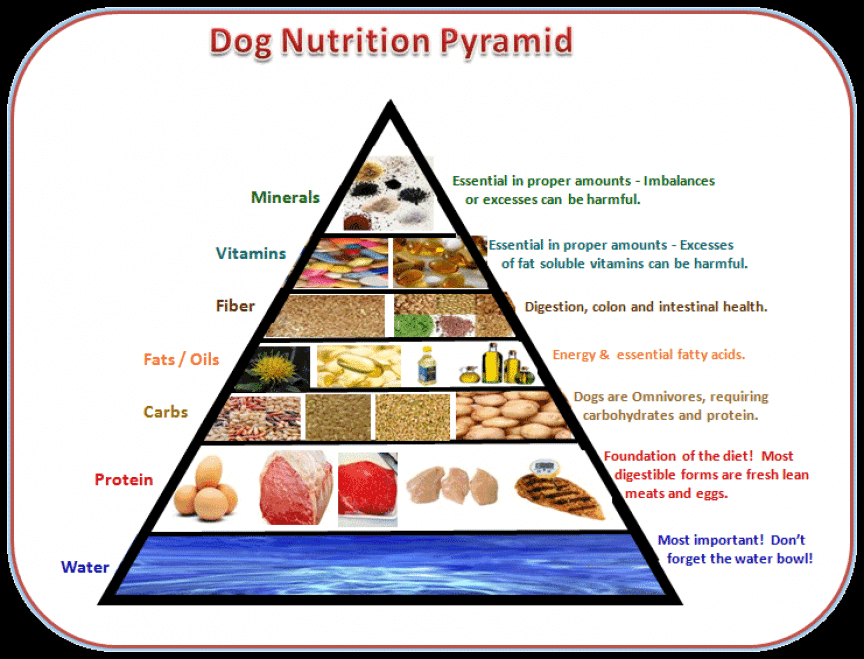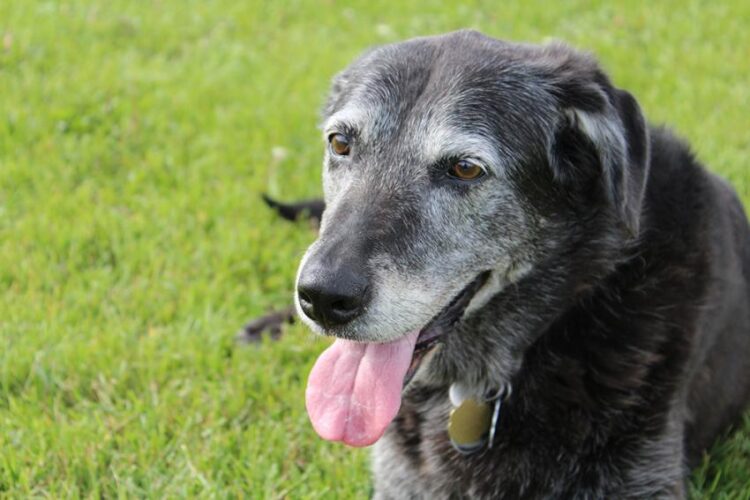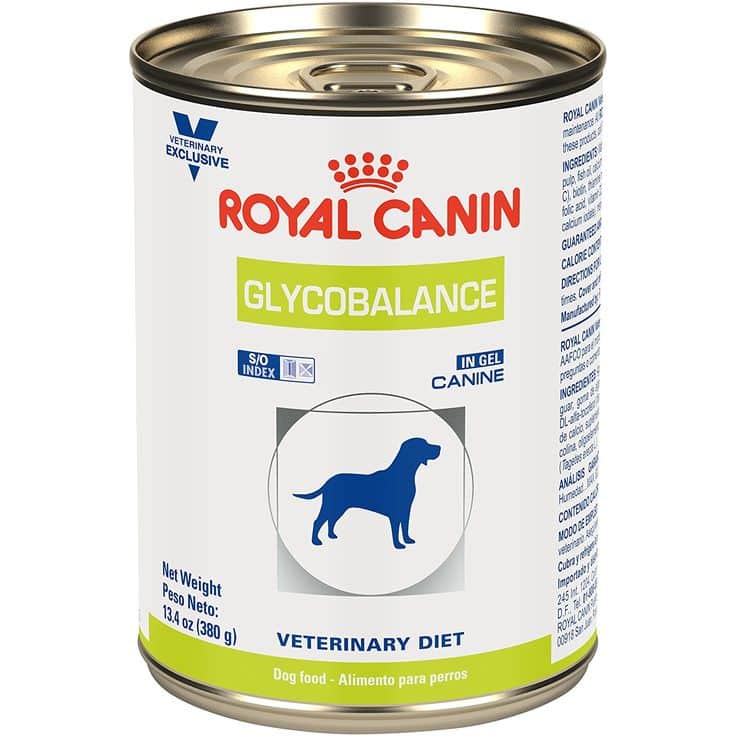A canine companion brings joy, companionship, and a unique sense of purpose to our lives. Their wagging tails and adorable expressions lighten up even our gloomiest days. As a pet parent, it’s your responsibility to ensure these furry friends get everything they need for a healthy, happy life, with their diet playing a crucial role. However, navigating the world of dog nutrition can be complex, with multiple factors to consider, like breed, age, size, and overall health condition. This post will serve as your guide, providing a comprehensive overview of the nutritional guidelines for your canine companion from puppyhood to their golden years. By understanding these guidelines, you’ll be equipped to make informed dietary choices that will support your pet’s health and well-being at each stage of their life. So, let’s delve into the world of canine nutrition together.
Contents
- 1 Understanding The Basic Nutritional Guidelines For Dogs
- 2 Implementing The Nutritional Guidelines In Daily Feeding
- 3 Puppies
- 4 Adult Dogs
- 5 Senior Dogs
- 6 Dietary Considerations for Dogs with Health Issues
- 7 Importance of Consulting a Vet for Nutritional Guidelines
- 8 Beware of Dog Food Myths
- 9 The Bottom Line
Understanding The Basic Nutritional Guidelines For Dogs

Canine nutrition is based on several core nutrients: proteins, carbohydrates, fats, vitamins, and minerals. Proteins are essential for growth, tissue repair, and immune function. They provide the essential amino acids your dog requires. Carbohydrates supply the energy your dog needs for their daily activities. Fats also provide energy, along with promoting healthy skin and coat. Vitamins and minerals are necessary for various bodily functions, aiding everything from bone health to muscle coordination.
In addition to these nutrients, water is perhaps the most crucial part of your dog’s diet. Hydration is crucial for all bodily functions, including digestion and absorption, circulation, and waste removal. Dehydration can quickly lead to serious health issues. Therefore, it’s essential to always provide your dog with fresh, clean water.
Implementing The Nutritional Guidelines In Daily Feeding

Adopting these nutritional guidelines into your dog’s daily meals is the next step. This requires understanding your dog’s unique needs. For instance, the breed, size, age, weight, and overall health condition of your pet will dictate their nutritional requirements. A Siberian Husky won’t have the same diet as a Chihuahua, just as a puppy’s nutritional needs differ from an older dog.
Portion control and meal timing are also vital. Overfeeding can lead to obesity and related health problems. Underfeeding, on the other hand, can cause malnutrition and weaken your dog’s immune system. A regular feeding schedule helps to maintain your dog’s metabolism and keep them in good shape.
Puppies

Puppies grow rapidly and have different dietary needs compared to adult dogs. They require more protein and certain nutrients like calcium and phosphorus for proper growth and development. Feeding your puppy a diet specifically designed for growth is a good way to ensure they get the essential nutrients they need.
Puppies also need smaller, more frequent meals throughout the day. Overfeeding can cause rapid growth, leading to developmental issues. Therefore, following the recommended feeding guidelines on puppy food packages, or consulting with your vet, is crucial.
Adult Dogs

As your puppy matures into an adult dog, their dietary needs change. Adult dogs require a maintenance diet that includes a balance of proteins, fats, and carbohydrates. This diet should keep them healthy, energetic, and at a suitable weight.
Adult dogs are also prone to certain health issues, such as obesity, dental disease, and diabetes. A balanced diet, combined with regular exercise, can help prevent these conditions or manage their symptoms if they occur.
Senior Dogs

Senior dogs, typically those aged seven years and older, have different nutritional requirements again. As dogs age, they tend to become less active and require fewer calories to prevent weight gain. However, they may need more of certain nutrients, such as protein, to maintain muscle mass and body condition.
It’s also common for older dogs to develop health problems, like kidney disease or arthritis, which require dietary adjustments. Your vet can provide advice on the best diet for your senior dog based on their health status and nutritional needs.
Dietary Considerations for Dogs with Health Issues

Some dogs have health issues that require dietary modifications. Conditions like diabetes, allergies, heart disease, and obesity often necessitate special diets. Dogs with diabetes, for example, need a consistent, balanced diet to maintain stable blood sugar levels.
Allergies can be another complex issue. Some dogs are allergic to certain types of protein, like beef or chicken, while others may be intolerant to grain. If your dog has a specific allergy, it’s crucial to find a diet that excludes the problematic ingredient but still provides complete and balanced nutrition.
Importance of Consulting a Vet for Nutritional Guidelines

Even with all the information at your disposal, it’s essential to consult with a veterinarian before making major changes to your dog’s diet. Every dog is unique, and there’s no ‘one-size-fits-all’ solution. A vet can help determine your dog’s specific nutritional requirements based on their breed, age, weight, and overall health status.
Additionally, vets can provide invaluable advice if your dog has a health condition that requires a special diet. They can recommend suitable foods and advise on portion sizes and feeding frequency. Remember, your vet is your partner in ensuring your dog’s health and happiness.
Beware of Dog Food Myths

There are many myths and misconceptions about dog food. One common myth is that dogs should only eat grain-free food. In reality, grains are a valuable source of nutrients for dogs unless they have a specific allergy or intolerance. Another myth is that dogs should eat a raw diet to mimic their wild ancestors. However, raw diets can pose significant health risks, including bacterial contamination and an unbalanced diet.
Understanding the facts about dog nutrition is key to making informed choices. Always look for evidence-based information and consult with your vet if you’re unsure.
The Bottom Line
Feeding your dog properly is a significant part of pet ownership. By understanding and implementing these nutritional guidelines, you can ensure that your canine companion gets the nutrition they need at each stage of their life. Regular consultations with your vet will also help you keep up-to-date with your dog’s dietary needs. Remember, a well-fed dog is a happy and healthy dog. So, let’s make every meal count!